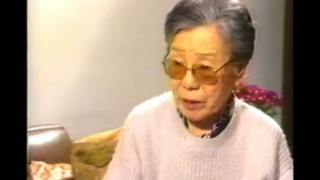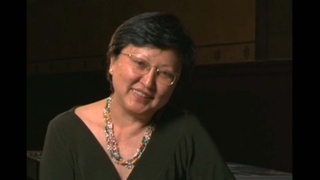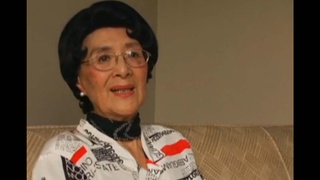Interviews
Future of the Japanese Brazilian community in Japan (Portuguese)
(Portuguese)
The future – for sure there’s a whole lot of future here for Brazilians. Why? Nowadays we’ve got everything at hand, from foodstuffs, restaurants ... Whatever you can think of. I think the Brazilians don’t face any difficulties. And I’ve been around. I’ve talked to customers and they say – many people say that they wanna live in Japan, especially with this [economic] crisis going on now in Brazil, that’s been ... It’s been too much, ya know? Like, the merchants, for example, he [sic] intends – as an example, he intends to go back to Brazil to set up a business, but then he’s not sure, ya see? It’s like, “Gee, I'm going to open up a business. I've worked so many years here and all of a sudden there’s another crisis over there ... and maybe my business is gonna go under, ya know?” I mean … Japan is a country where things can go downhill ... the economy, right, but soon enough it’s sure gonna pick up again, get it? So, I mean, there’s a sense of security here that I believe Brazilians or [other] foreigners can feel, ya know?
Date: October 19, 2016
Location: Gunma, Japan
Interviewer: Shigeru Kojima
Contributed by: Watase Media Arts Center, Japanese American National Museum








